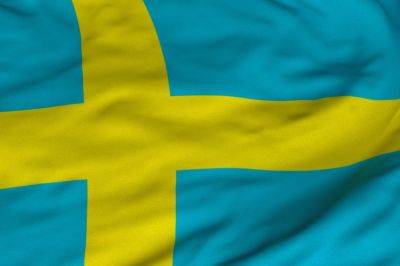
Higher education is provided at universities (universitet) and university colleges (högskolor).
In 2010, there were fifty-two institutions offering higher education of
different kinds. The majority of HEI:s are public authorities, subject
to the same legislation and regulations as other public authorities, as
well as the particular statutes, ordinances and regulations relevant to
the higher education sector. The main part of higher education and
research is carried out at the 14 state universities and 21 state
university colleges. Undergraduate education is given at an equivalent
level at university colleges and universities.
What differentiates the two types of institutions is mainly that universities give a broader range of courses and that they provide post-graduate programmes within one or more areas. Universities have degree awarding powers at First cycle level (University diplomas and Bachelors' degrees), second cycle level (one-year and two-year Masters' degrees), and third cycle level (licentiate and doctoral degrees). In addition, they have entitlement to direct government funding for research. University colleges have degree awarding powers at first cycle level (University diplomas and Bachelors' degrees), second cycle level (one-year Masters' degrees), and can apply to the Swedish National Agency for Higher Education (Högskoleverket), for the entitlement to award two-year Masters' degrees. Some university colleges have additional degree awarding powers; they have been awarded the entitlement to award doctorates in a single disciplinary domain. This automatically entitles them to award two-year Masters' degrees and receive direct government funding for third cycle programmes and research in that domain.
All higher education institutions provide programmes leading to vocational qualifications. In most cases education in teaching, medicine, nursing and engineering is an integrated part of the education within the HEI:s , however some institutions are specialised in education leading to vocational qualifications in specific fields. There are two institutes of technology, one institute for medical training and nursing, three colleges of nursing, one university college for physical education and sports and seven university colleges for arts.
In addition to the 14 state universities and 21 state university colleges there are independent institutions within tertiary education receiving state subsidies. Three have the right to award qualifications in undergraduate and post-graduate education.
A further fifteen educational organisers have been granted permission to award Bachelor of Science in Nursing, Diploma in Theology or Bachelor of Theology and Graduate Diploma in Psychotherapy.